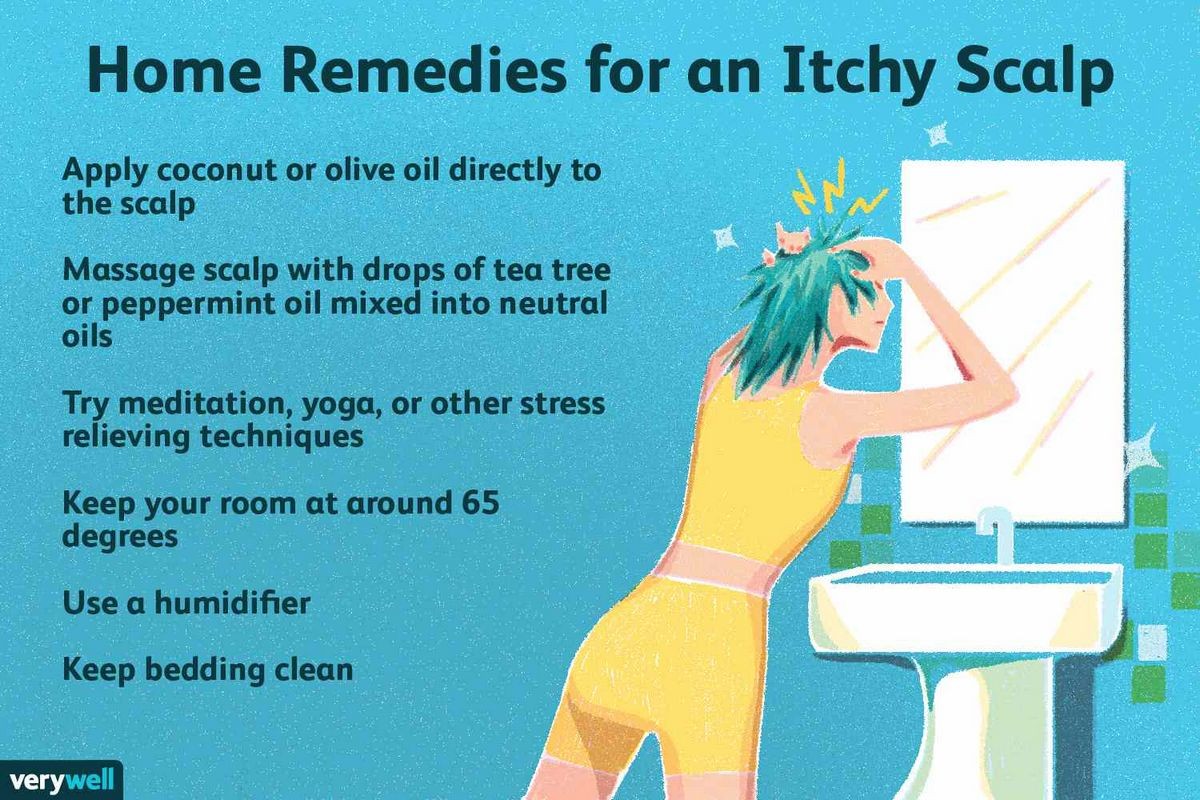
Contents
Why Does My Head Itch? 10 Causes & How to Stop
When your head continuously itches, there can be several factors contributing to it. Itchy heads can be irritating and troublesome, so it’s important to identify the cause and find a solution. Head itching can be caused by infections, autoimmune disease, and allergic reactions. Here are 10 common causes of head itching:
10 causes of head itching
- Dandruff: Dandruff is caused by yeast overgrowth, resulting in itching and a dry, flaky scalp. It primarily affects the hairy areas of the body. For mild cases, use shampoos with zinc and selenium. Severe cases may require topical cortisone and antifungal shampoo.
- Tinea capitis: Commonly known as ringworm, tinea capitis is a fungal infection that affects the scalp. It can cause round patches of hair loss. Treatment may involve oral antifungal medications or over-the-counter antifungals for superficial infections.
- Head lice: Head lice can infest anyone’s scalp, regardless of hygiene. Lice spend most of their life cycle glued to a hair strand. Use shampoos with permethrin or pyrethrin to treat head lice. Follow the instructions on the label.
- Scabies: Scabies is caused by mites and results in intense itching. Consult a dermatologist for treatment options such as topical creams containing permethrin or crotamiton and sulfur ointments.
- Psoriasis: Psoriasis is an autoimmune disease that causes an itchy scalp. It presents as reddish and scaly patches on the skin or scalp. Medicated shampoos with salicylic acid or coal tar are recommended. Topical cortisone may be used if the condition is unresponsive.
- Allergic reactions: Allergic reactions to hair care products and dyes can cause an itchy scalp. Discontinuing the use of the product containing the allergen is the best solution.
- Hives: Hives are small red itchy bumps that can appear on the skin and scalp. Chronic hives require treatment with antihistamines.
- Atopic dermatitis: Atopic dermatitis causes redness, scaling, burning, and itching of the scalp.
- Nerve problems: Persistent itching without rash may indicate a nerve problem, such as neuropathy caused by underlying medical conditions like diabetes or shingles.
- Skin cancer: Basal cell carcinomas (BCC) may cause raised reddish patches of skin that can crust or itch.
What are common causes of itchy skin?
Itchy skin can be caused by various factors, including dry skin and allergies. It can also be a symptom of an underlying medical condition. The most common causes of itchy skin include:
- Dry skin
- Lack of skin moisture
Runner’s itch
- If you experience itchy legs during or after a jog, it may be due to runner’s itch. This temporary itching is caused by the increase in body temperature and release of histamine during exercise.
Folliculitis:
- If you shower immediately after exercise, you may develop folliculitis. This irritation of the hair follicles can lead to red bumps and itchy skin.
- Eczema:
- Psoriasis:
- Diabetes:
- Keratosis pilaris (KP):
- Fungal infections:
IMAGES
How can I stop uncontrollable itching?
Itching can be a distressing symptom. To stop uncontrollable itching, try the following remedies:
Use gentle cleansers that support the skin microbiome:
- Look for cleansers with hydrating and balancing ingredients.
- Try hand soaps enriched with soothing ingredients like milk, aloe, honey, and oatmeal.
- Look for ingredients that restore the skin barrier and help maintain a healthy pH.
Take cooler or shorter showers:
- Stick to cold or lukewarm showers to avoid stripping crucial lipids from the skin.
- If you prefer warmer showers, limit your time under the stream to prevent drying out your skin.
Moisturize immediately after:
- Moisturize as soon as possible after showering to restore moisture and seal it into the skin.
- Moisturize while your skin is still slightly damp to lock in hydration.
- Use a chilled moisturizer for a cooling and soothing effect.
Apply medicated creams or lotions:
- Try hydrocortisone or pramoxine hydrochloride creams for temporary itch relief.
- Cooling agents like menthol or calamine can also provide relief.
- For persistent itchiness, consider using a humidifier at home.
- Wear soft fabrics like cotton and silk.
- Stay hydrated by drinking plenty of water.
If common recommendations don’t alleviate post-shower itchiness, try identifying triggers in your environment such as cosmetic products, laundry detergents, soaps, and lotions. Keep a record of the itchiness episodes and the products or factors that may have caused them.


